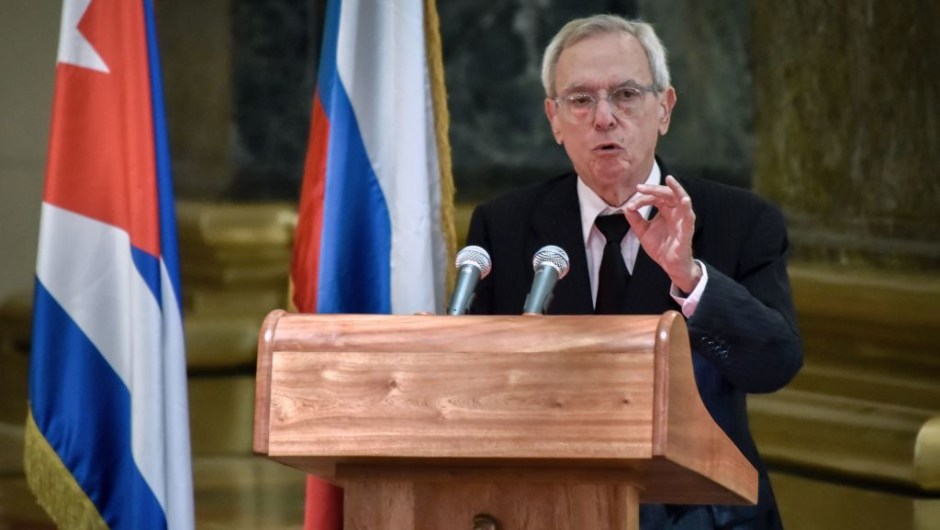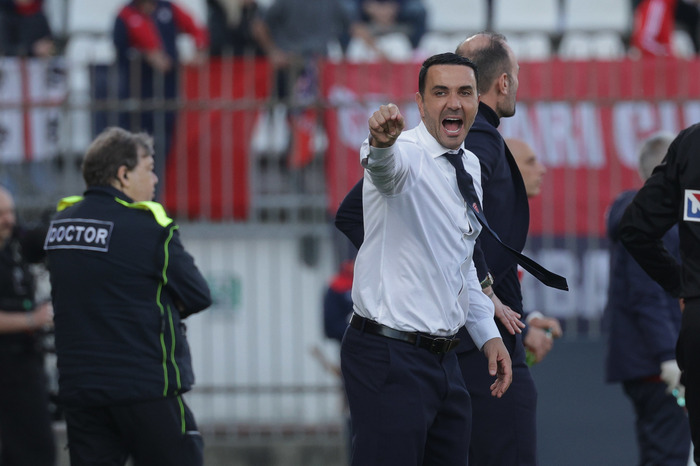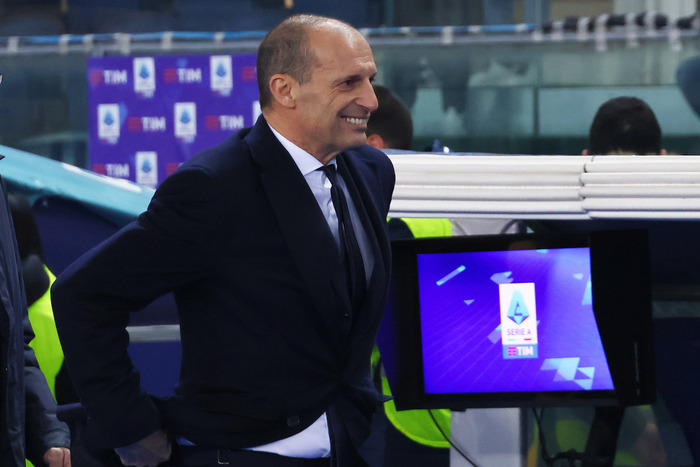Editor's Note: Jorge Dávila Miguel has a degree in Journalism since 1973 and has maintained a continued career in his profession to date. He has postgraduate degrees in Social Information Sciences and Social Media, as well as postgraduate higher studies in International Relations, Political Economy and Latin American History. Dávila Miguel is currently a columnist for El Nuevo Herald, on the McClatchy network and a political analyst and columnist for CNN en Español. The opinions expressed in this article are the author's own
(CNN Spanish) - Eusebio Leal has died in Cuba and a first-rate humanist, one of the main children of the Cuban nation, dies with him. Of humble extraction, he was part of the Cuban revolutionary process from his adolescence and in this he remained until his death. He was Catholic and Communist at the same time. He never gave up his faith. He acceded to the Central Committee of the Cuban Communist Party in 1991 [1]. He was a Member of the Council of State of the Republic of Cuba in 1993. He deserved 11 international orders and decorations. But his greatest decoration before life and the Cuban nation was his dedication, almost priestly, to maintaining and restoring the beautiful heritage of Cuban culture, architecture and history.
At the age of sixteen, in 1959, he began to work in the Havana Metropolitan Administration, where he became a disciple of the eminent historian Emilio Roig de Leushenring. Just 8 years later, he was appointed director of the Museum of the City of Havana, succeeding Roig. Soon it assumes what will constitute its main seal, its first restoration work: the Government House, former Palace of the Captains General and Chapter House, completed in 1979. Afterwards, Leal would start to make the architectural wonder that is La Havana, with its mix of cultures.
MIRA: Eusebio Leal, historian of Havana, dies
He regularly wore gray, a simple short-sleeved shirt and work pants. That's what they called him "the man in gray" when he walked the streets of colonial Havana, always supervising, always specifying, with that temperament of perfection that was also his hallmark. The same cheering as staining the gray of his clothes with cement and lime.
He was a simple man, one might say even humble. Far from his high offices, international relations, academic degrees, orders and decorations, he was a man with a plain word with whom it was a real pleasure to talk. Eliseo Diego, that great Cuban poet, said that what we usually call culture is nothing more than information, exquisite perhaps, but simple information. Culture was, however, the ability to relate such information, to make it work to obtain beautiful results, perhaps permanent in humans and in time. Loyal was an educated man. He transpired it in his words and in his tone, in reasoning and concepts, but above all because all the information and learning he achieved in his 78 years of life decidedly turned him into the beauty that is lived today along the restored streets from Old Havana and wherever Eusebio Leal influenced so that the architectural and historical wealth of the city was preserved.
Perhaps through the restoration of the Havana colonial quarter, by giving life to the places that housed the economic and political institutions of the pre-revolutionary era –in an almost archaeological work–, it was that Leal matured an essential concept: the understanding of a reality inescapable policy for the health of the Cuban nation. Outside of Manichean positions, seeing its political stages as a historical continuum, the acceptance of the pre-revolutionary Republic as an inalienable fact of national history, with its lights and shadows, but without denying and despising it at every step, as the message has been politician within the Cuban revolutionary process.
It would be missing then - and Leal never mentioned - that in Cuban radical exile, someone, from a similar moral stature, accepted the Cuban revolutionary process as also an inalienable fact of history, without denying and despising it in its entirety, as it is today today the political message of exile.
Bridges unite, walls separate. The nation and its history must not be separated by anything. And it is a pride for this house, CNN en Español, based in Miami, to have done a well-deserved tribute to the work of Eusebio Leal in the framework of the 500th anniversary of the founding of Havana. With Rescatando La Habana, the first documentary and perhaps the only one that presents him as a rebuilder, not only of mortar and brick, but of the very soul - old and at the same time new - of the city that he loved so much.
Eusebio Leal has died, a great man and a patriot have died. Many restorations are lacking in Havana and many reconstructions for the welfare of the population, without necessarily being encouraged by any historical legacy. Leal leaves behind huge shoes; Hopefully someone with the same determination and vision will wear them, that many will wear them, because shoes like those of Eusebio Leal are essential to walk not only the complicated stretches of history and its vindication, but the healthy and hate-free paths that the nation Cuban needs.



/cloudfront-eu-central-1.images.arcpublishing.com/prisa/PTHAI7IGP5DS5LX42CY7N3YVXU.jpg)






/cloudfront-eu-central-1.images.arcpublishing.com/prisa/KMEYMJKESBAZBE4MRBAM4TGHIQ.jpg)



